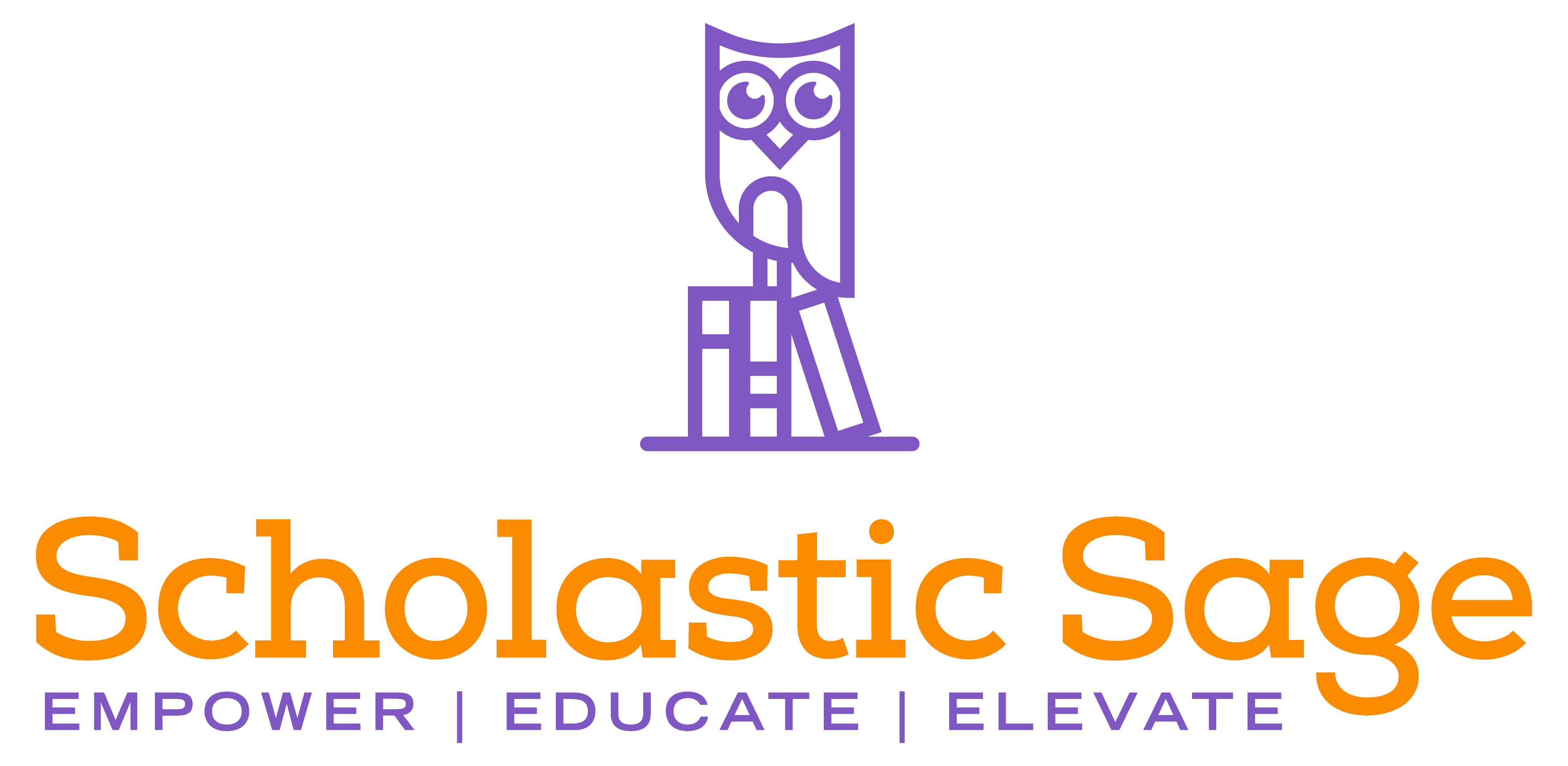
Exploring the Role of AI Tools like ChatGPT in Education
Artificial Intelligence (AI) has made significant advancements in various fields, and education is no exception. AI tools like ChatGPT have emerged as valuable resources for educators, offering benefits for lesson planning, personalized learning, and student engagement. However, the use of AI tools also raises concerns about potential negative consequences, particularly regarding student cheating. Let’s delve into both the advantages of AI tools in education and the challenges they present in terms of academic integrity.
Benefits of AI Tools for Lesson Planning:
- Enhanced Content Creation: AI tools can assist educators in creating comprehensive lesson plans by providing access to vast amounts of information and resources. They can help gather relevant materials, develop interactive presentations, and generate engaging activities, saving valuable time for educators.
- Personalized Learning: AI tools can adapt to individual student needs, providing personalized feedback and tailored learning experiences. They can analyze student performance data to identify knowledge gaps, recommend suitable resources, and offer adaptive learning paths, promoting effective learning.
- Collaborative Learning: AI tools can facilitate collaborative learning by enabling students to work together on projects, problem-solving tasks, or discussions. They can provide real-time feedback and suggestions, fostering active participation and knowledge exchange among students.
Challenges of Cheating in the Era of AI:
- Plagiarism and Content Generation: AI tools with natural language processing capabilities can generate human-like content, making it easier for students to plagiarize without proper attribution. This poses a challenge for educators in assessing the authenticity and originality of student work.
- Instant Answers and Shortcuts: AI tools can provide quick and accurate answers to questions, which can tempt students to rely solely on these tools rather than engaging in critical thinking and problem-solving. This hampers the development of essential skills and deep understanding.
- Evolving Cheating Techniques: As AI tools advance, so do cheating techniques. Students may try to exploit the AI algorithms by manipulating inputs or asking questions in specific ways to get desired answers, compromising the integrity of assessments.
Addressing the Challenges:
- Promoting Digital Literacy: Educators should prioritize teaching students about responsible AI use, including discussing plagiarism, the importance of critical thinking, and the ethical considerations surrounding AI tools. Promoting digital literacy empowers students to navigate AI tools with integrity.
- Diverse Assessment Methods: Educators can implement diverse assessment methods, including project-based assessments, oral presentations, and open-ended questions, which are more challenging to cheat on using AI tools. Such assessments emphasize creativity, analysis, and problem-solving skills.
- Anti-Cheating Tools: Educational institutions can employ anti-cheating measures that combine AI tools and human proctoring. This can involve using plagiarism detection software, monitoring student activity during online assessments, and employing advanced algorithms to identify suspicious behavior.
Plagiarism isn't new. Teachers grade various writing assignments for students including those time writing prompts completed in class and hand written short answers. An educator recognizes student voice, so perhaps one of the best anti-cheating tools is the educator.
Friend or Foe?
It is up to the individual educator to decide if AI is a friend or foe, but this educator is excited to use AI to enhance the classroom. AI tools like ChatGPT offer immense potential for enhancing education, enabling personalized learning experiences and streamlining lesson planning. However, the rise of AI tools also brings challenges related to student cheating and academic integrity. By promoting digital literacy, employing diverse assessment methods, and implementing appropriate anti-cheating measures, educators can navigate these challenges and harness the benefits of AI tools while maintaining a fair and ethical learning environment.
There are many exciting AI tools out there that can streamline your lesson process and increase student engagement. I hope you will embrace this advancement and try some out. Have fun creating with AI this year!



Leave a Comment